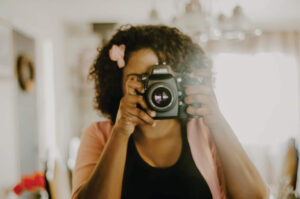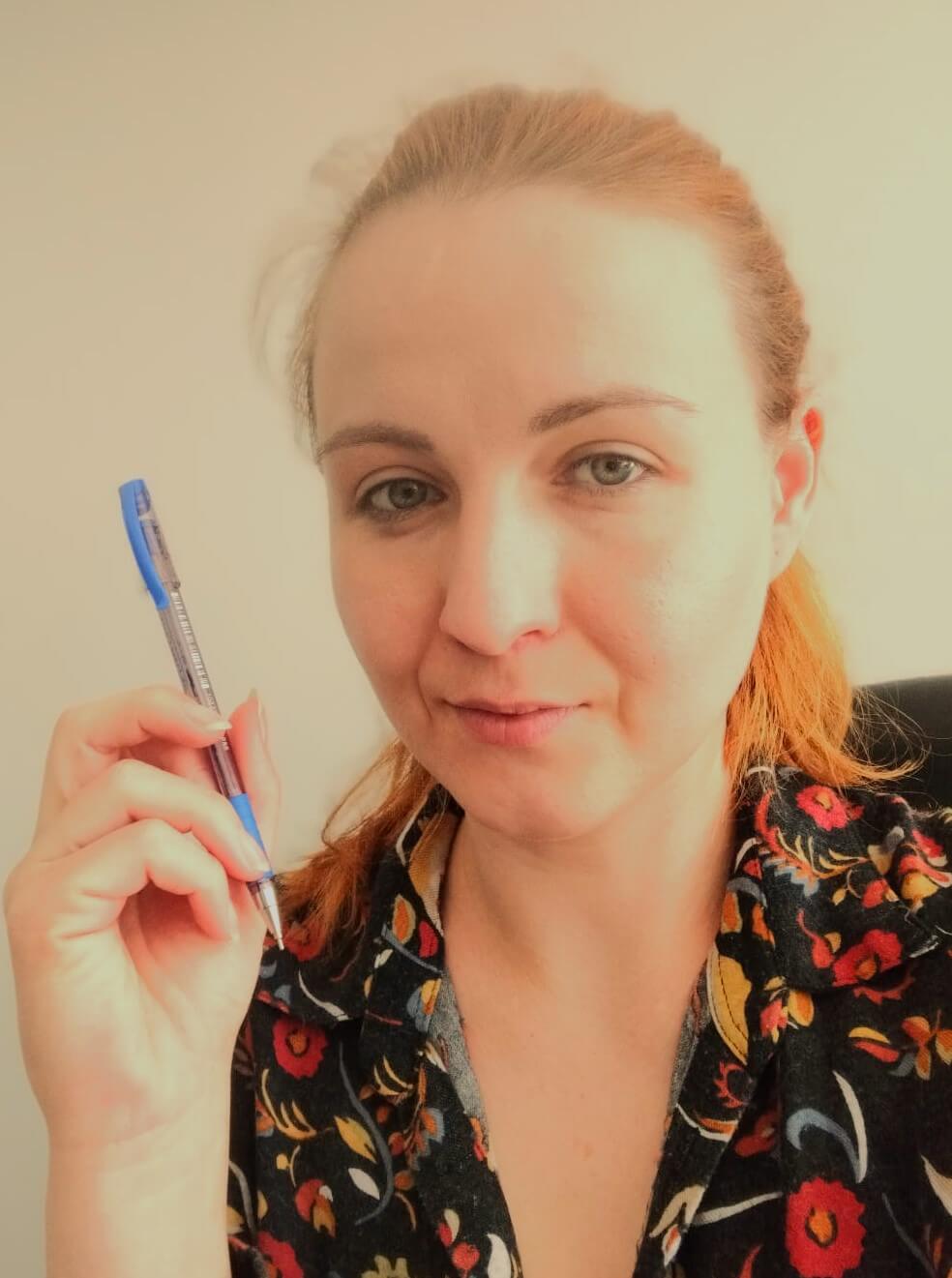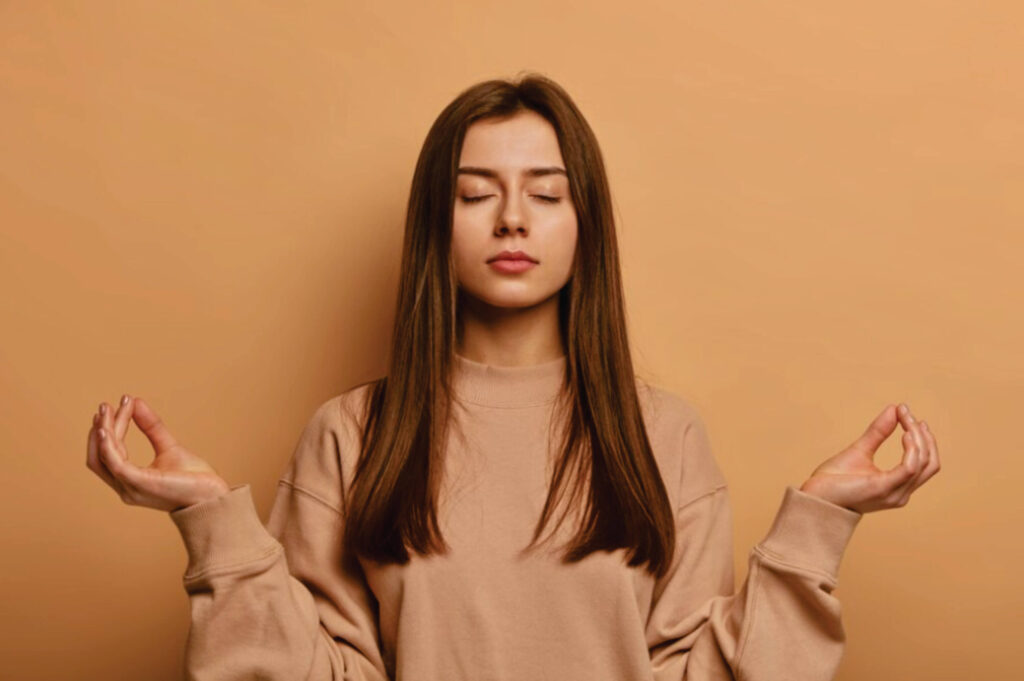Engaging in hobbies and creative activities is more than just a pastime. It plays a crucial role in mental well-being by reducing stress, enhancing self-expression, and improving emotional resilience. The role of hobbies and creativity in maintaining mental health is widely recognized. Numerous studies highlight how artistic and recreational activities contribute to a balanced and fulfilling life. A 2021 study published in the Journal of Positive Psychology found that people who engage in creative hobbies report higher levels of happiness and lower stress levels (Conner et al., 2021).

How Hobbies and Creativity Support Mental Well-Being
A demanding lifestyle often results in stress and exhaustion. Taking part in hobbies offers a mental escape, allowing individuals to recharge and regain focus. Creative activities stimulate the brain, encouraging positive emotions and easing anxiety.
Stress Reduction Through Creative Expression
Hobbies such as painting, writing, and playing musical instruments help alleviate stress. Engaging in creative tasks redirects attention away from worries, offering a sense of relief. Research suggests that creative pursuits lower cortisol levels, reducing tension and improving overall well-being (Kaimal et al., 2016).
Additionally, hands-on activities like knitting or woodworking create a meditative effect. The repetition and focus involved help calm the mind, improve mood, and reduce emotional overwhelm. When individuals immerse themselves in creative hobbies, they activate the brain’s reward system, releasing dopamine, a neurotransmitter linked to pleasure and motivation.
I’ve experienced this firsthand. During stressful periods, I turn to journaling or painting as a way to process emotions. These creative outlets provide a break from overthinking, helping me feel more balanced and relaxed.
Boosting Self-Esteem and Confidence 
Creativity provides a platform for self-expression, reinforcing self-esteem. Completing an art project, mastering a new skill, or crafting something meaningful fosters confidence. These activities cultivate a sense of achievement, helping individuals build a positive self-image.
Moreover, hobbies encourage personal growth. Whether through photography, cooking, or learning a language, every new accomplishment adds to self-worth. The feeling of progress helps individuals develop resilience and adaptability. Engaging in creative endeavors over time strengthens patience and perseverance—valuable qualities for overcoming life’s difficulties.
A user on an online self-improvement forum shared how learning to play the guitar helped him overcome social anxiety. He described how mastering chords and performing in front of friends boosted his confidence and reduced self-doubt.
The Psychological Benefits of Different Hobbies
Different hobbies provide unique mental health advantages. Selecting the right activity depends on personal preferences and goals.
Artistic Activities and Emotional Processing 
Painting, drawing, and sculpting serve as powerful emotional outlets. These creative forms allow individuals to express feelings that may be difficult to verbalize. Art therapy is widely used to help people manage trauma, anxiety, and emotional distress. A 2019 study in Frontiers in Psychology found that engaging in visual art can significantly reduce symptoms of anxiety and depression (Bolwerk et al., 2019).
Music and Its Therapeutic Effects
Playing an instrument or listening to music has significant cognitive and emotional benefits. Music therapy is an effective tool for reducing symptoms of depression, anxiety, and stress. Learning to play an instrument strengthens cognitive function, memory, and emotional resilience.
Singing or dancing also stimulates endorphin release, enhancing mood naturally. These activities promote relaxation, social connection, and creativity, all of which support mental wellness. A study by the British Journal of Psychiatry confirmed that group singing significantly improves mental health and emotional well-being (Fancourt et al., 2016).
Physical Hobbies for Mental Clarity
Outdoor activities such as gardening, hiking, and cycling offer both mental and physical benefits. Being in nature reduces stress, enhances concentration, and boosts overall mood. Gardening, in particular, has been linked to lower rates of anxiety and depression. A 2020 study in the International Journal of Environmental Research and Public Health found that gardening promotes relaxation and mental clarity (Soga et al., 2020).

I recently started gardening, and it’s become one of my favorite ways to de-stress. Planting flowers and watching them grow gives me a sense of accomplishment and peace.
Hobbies, Creativity, and Social Connections
Hobbies not only enhance mental health but also foster social connections. Participating in group activities builds relationships, reducing loneliness and feelings of isolation.
Building Friendships Through Shared Interests
Joining an art class, book club, or music group connects individuals with like-minded people. Social interactions provide emotional support and a sense of belonging. Research suggests that strong interpersonal relationships reduce the likelihood of depression and anxiety (Cacioppo et al., 2015).
Volunteering as a Meaningful Hobby
Helping others through volunteer work provides a deep sense of purpose. Creative volunteering, such as teaching art classes or organizing community events, boosts self-esteem and strengthens community ties. Acts of service enhance emotional fulfillment and contribute to a positive self-image.
A forum user shared how volunteering at an animal shelter helped them cope with personal struggles. They described how caring for animals and meeting fellow volunteers gave them a renewed sense of purpose and joy.
Team-Based Hobbies for Collaboration
Participating in theater productions, music ensembles, or sports teams fosters teamwork and cooperation. These activities enhance communication skills and emotional intelligence. Team-oriented hobbies encourage problem-solving and shared accomplishments, reinforcing personal growth and mutual respect.
How to Integrate Hobbies Into a Busy Lifestyle
Despite demanding schedules, making time for hobbies is crucial. Prioritizing creative activities supports mental resilience and emotional well-being.
- Start Small and Stay Consistent: Even brief creative sessions have significant benefits. Dedicating 15–30 minutes daily to a hobby can enhance mental health over time.
- Blend Hobbies Into Daily Life: Listening to music while cooking, sketching during short breaks, or practicing photography as a mindfulness exercise are simple ways to incorporate creativity into everyday routines.
- Explore New Activities: Experimenting with different hobbies prevents monotony and keeps the mind stimulated.

The Lasting Benefits of Hobbies and Creativity
The role of hobbies and creativity in maintaining mental health is undeniable. Engaging in creative pursuits reduces stress, enhances self-confidence, and strengthens social bonds. Whether through artistic expression, music, writing, or physical activities, hobbies serve as essential tools for emotional well-being.
Incorporating hobbies into everyday life improves mental resilience and overall happiness. Prioritizing creativity and recreational activities provides long-term benefits for both the mind and body. By dedicating time to hobbies, individuals cultivate purpose, develop new skills, and enrich their quality of life.
For further insights into the impact of creativity on mental health, explore research from the American Psychological Association (APA). Investing in hobbies and creative outlets is a powerful step toward emotional balance and mental clarity.
Minimalism and Sustainability: How Reducing Excess Enhances Life Quality
Achieve Work-Life Balance: Practical Strategies for a Fulfilling Life
How to Keep an Emotion Journal for Growth and Why It Matters

I’m Victoria, the creator behind Eva My Balance. Passionate about beauty, wellness, sustainable living, and mindful self-care. My mission is to inspire you to live consciously and beautifully—inside and out.



